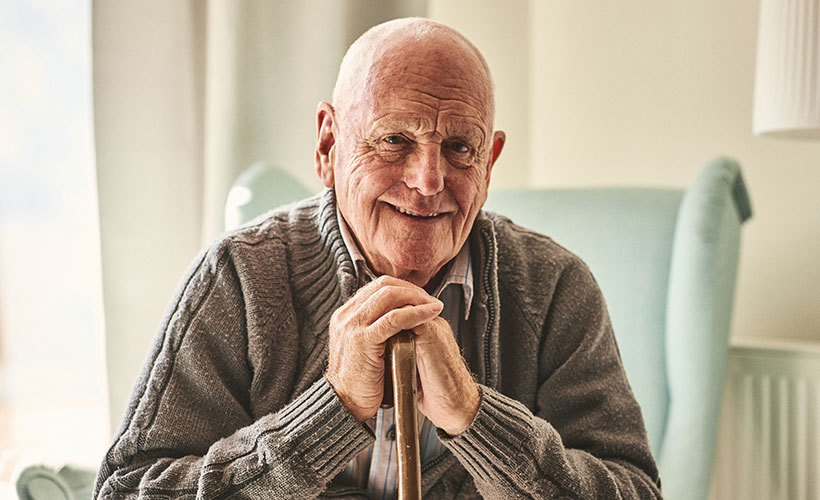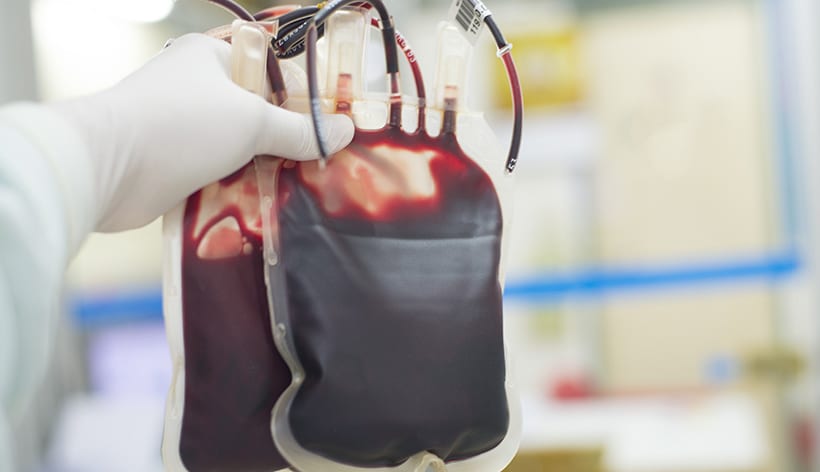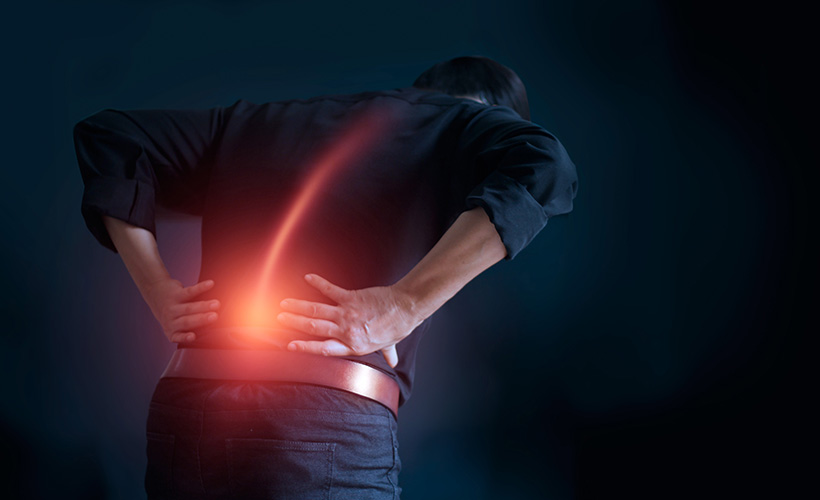Go in the draw to WIN great prizes Click Here
-
-
Kids
- Acne
- Allergies
- Autoimmune Diseases
- Bed Wetting
- Bites & Stings
- Cancer
- Colds & Flu
- Back to School
- Ear & Eye Health
- Food & Nutrition
- Head Injury
- Headlice
- Mental Health
- Neurological Disorders
- Oral Health
- Respiratory Illnesses
- Sexual Health
- Skin Care
- Skin Conditions
- Strains & Sprains
- Vaccinations
- Viral & Bacterial Illnesses
- Worms
- Wound Care
-
Kids
Children's Health
-
-
Women’s Health
- Allergies
- Asthma & COPD
- Autoimmune Diseases
- Bone & Joint Health
- Bowel Health
- Brain Health
- Breastfeeding
- Cancer
- Chronic Pain
- Colds & Flu
- COVID-19
- Diabetes
- Digestive Health
- Ear & Eye Health
- First Aid
- Eye Care
- Foot Care
- Heart Health
- Mental Health
- Neurological Disorders
- Oral Health
- Pain
- Pregnancy
- Skin Conditions
- Skin & Hair Care
- Sleep
- Thyroid
- Vaccinations
- Veins
- Viral & Bacterial Illnesses
- Weight Management
- Women's & Sexual Health
-
Women’s Health
Women’s Health
-
-
Men’s Health
- Allergies & Hayfever
- Asthma & COPD
- Autoimmune Diseases
- Bone & Joint Health
- Brain Health
- Cancer
- Chronic Pain
- Colds & Flu
- COVID-19
- Diabetes
- Digestive & Bowel Health
- Ear & Eye Health
- First Aid
- Foot Care
- Fungal Infections
- Head Injury
- Heart Health
- Liver Disease
- Men's & Sexual Health
- Mental Health
- Neurological Disorders
- Oral Health
- Pain
- Skin Conditions
- Skin & Hair Care
- Sleep
- Stress
- Thyroid
- Vaccinations
- Veins
- Viral & Bacterial Illnesses
- Weight Management
-
Men’s Health
Men’s Health
-
-
Senior's Health
- Allergies & Hayfever
- Alzheimer’s & Dementia
- Anaemia
- Arthritis
- Asthma & COPD
- Autoimmune Diseases
- Cancer
- Chronic Pain
- Colds & Flu
- COVID-19
- Diabetes
- Digestive & Bowel Health
- Ear & Eye Health
- Fall Prevention
- Foot Care
- Fungal Infections
- Hair Loss
- Heart Health
- Incontinence
- Liver Disease
- Mental Health
- Nutrition
- Oral Health
- Pain
- Pneumonia
- Skin Conditions
- Sleep
- Stress
- Thyroid
- Vaccinations
- Veins
- Viral & Bacterial Illnesses
-
Senior's Health













Community